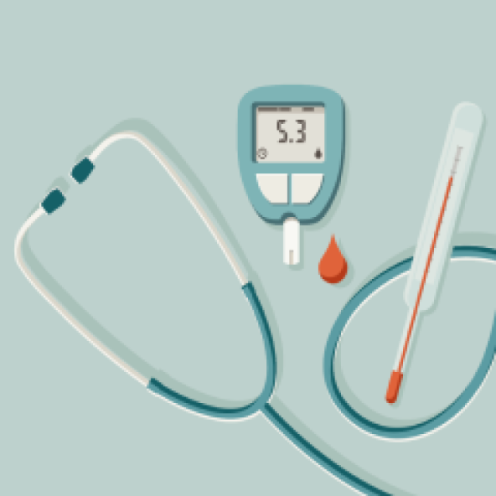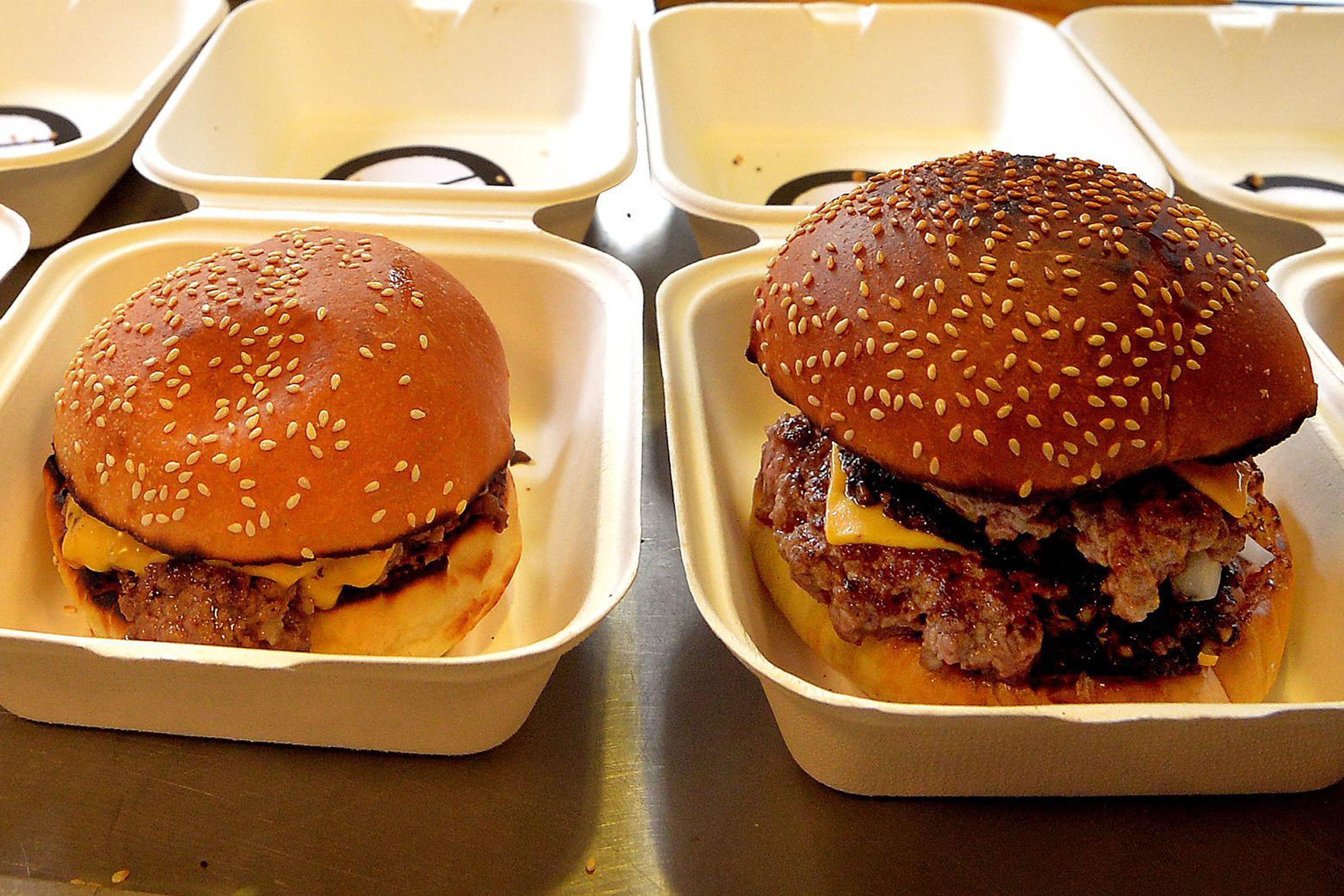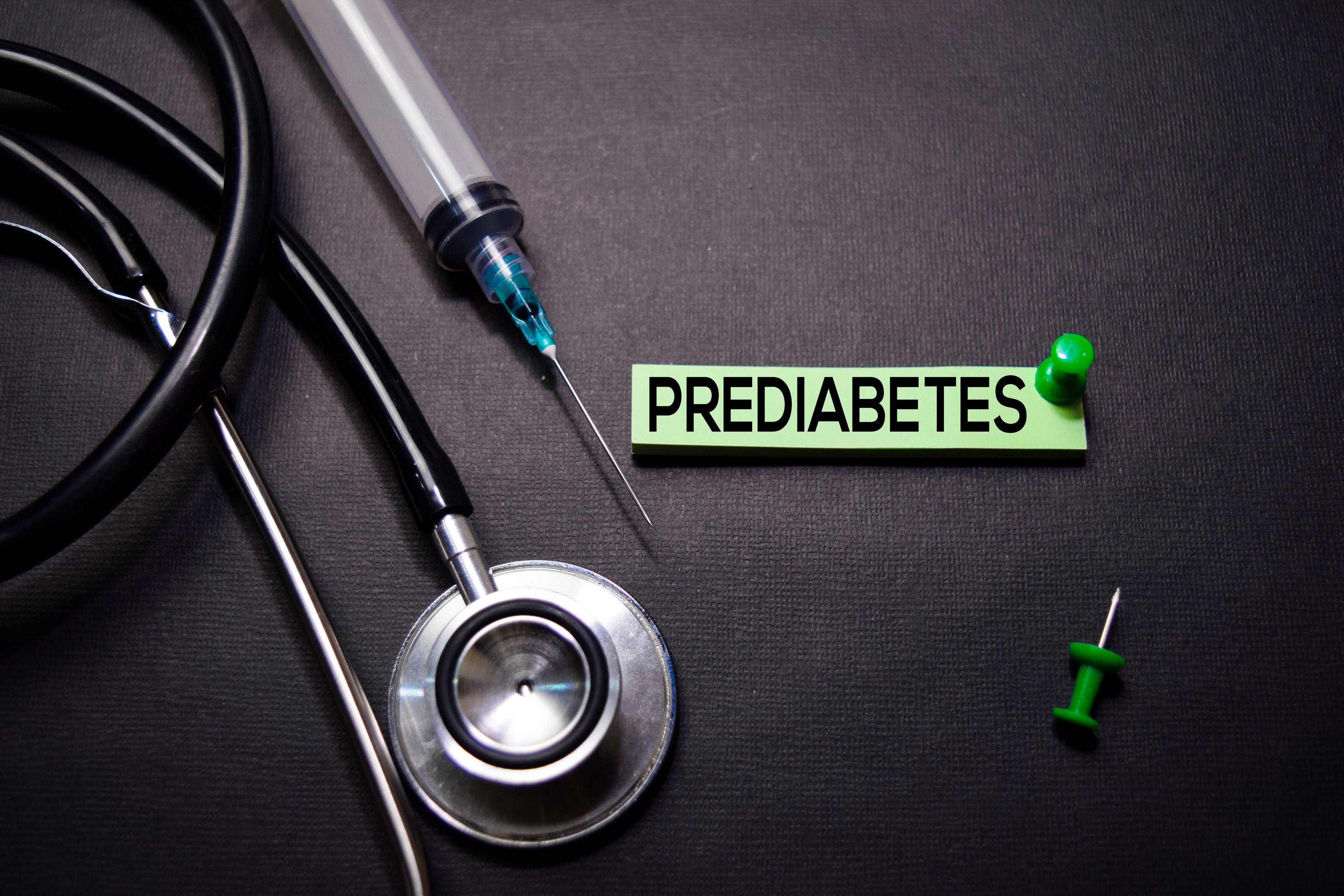- News
- Health
Young people’s consumption of foods high in sodium, sugar, and unhealthy fats is increasing their risk of diabetes, a study has found
Harriette BoucherThursday 27 November 2025 12:27 GMTComments
 CloseAre ultra-processed foods bad for you? | Decomplicated
CloseAre ultra-processed foods bad for you? | Decomplicated
Sign up for our free Health Check email to receive exclusive analysis on the week in health
Get our free Health Check email
Get our free Health Check email
 Email*SIGN UP
Email*SIGN UPI would like to be emailed about offers, events and updates from The Independent. Read our Privacy notice
Ultra-processed food consumption will boost young people’s risks of developing pre-diabetes and elevated blood sugar levels, according to new research.
In a recently published study, scientists have found that just a slight increase in the consumption of fast food, packaged snacks, and food and drink high in sodium, sugar, and unhealthy fats can put someone at a far greater risk of pre-diabetes.
In the UK, half of an average Briton’s diet consists of ultra-processed foods (UPFs). For adolescents, it is closer to two-thirds.
Dr Vaia Lida Chatzi, the study’s lead author, said: "Young adulthood is a critical window for shaping long-term health. By focusing on young adults, we have an opportunity to intervene early, before pre-diabetes and other risk factors become lifelong conditions.”
 open image in galleryJust a 10 per cent increase in UPF consumption can boost your risk of pre-diabetes by 64 per cent (PA Archive)
open image in galleryJust a 10 per cent increase in UPF consumption can boost your risk of pre-diabetes by 64 per cent (PA Archive)For four years, scientists from the University of California tracked 85 young adults between 17 and 22 years old, and analysed their consumption of UPFs.
Researchers classified foods into non-UPFs and UPFs, which included sweets, soft drinks, cereal, packaged spreads, and flavoured yoghurt. They then calculated what percentage of each participant’s daily caloric intake came from UPFs.
The study found that an increase in the intake of UPFs was tied to a higher risk of pre-diabetes and early-stage high blood sugar, which can lead to diabetes.
Participants who had a 10 per cent increase in UPF consumption had a 64 per cent higher risk of developing pre-diabetes. They also had a 56 per cent higher risk of developing problems with gluten regulation.
 open image in gallery(Alamy/PA)
open image in gallery(Alamy/PA)Dr Chatzi said: "Our findings show that even modest increases in ultra-processed food intake can disrupt glucose regulation in young adults at risk for obesity. These results point to diet as a modifiable driver of early metabolic disease, and an urgent target for prevention strategies among young people.”
Researchers also found an association between UPF intake and an increased risk of insulin resistance, in which the body becomes less effective at using insulin to control blood sugar.
Pre-diabetes is a condition in which blood glucose levels are higher than normal, but not yet at the level of type 2 diabetes. More than one in five adults in the UK is estimated to be living with diabetes or pre-diabetes, according to the charity Diabetes UK.
Although people with pre-diabetes have a high risk of developing type 2 diabetes, the charity said this is preventable through lifestyle and diet changes.
Douglas Twenefour, head of clinical at Diabetes UK, said: “Pre-diabetes has sometimes been related to a feeling of inevitability that a diagnosis of type 2 diabetes cannot be prevented. But we know that many people may be able to prevent or delay type 2 diabetes with the right support."
More about
Scientistsblood sugarFoodSugarDiabetesJoin our commenting forum
Join thought-provoking conversations, follow other Independent readers and see their replies
Comments